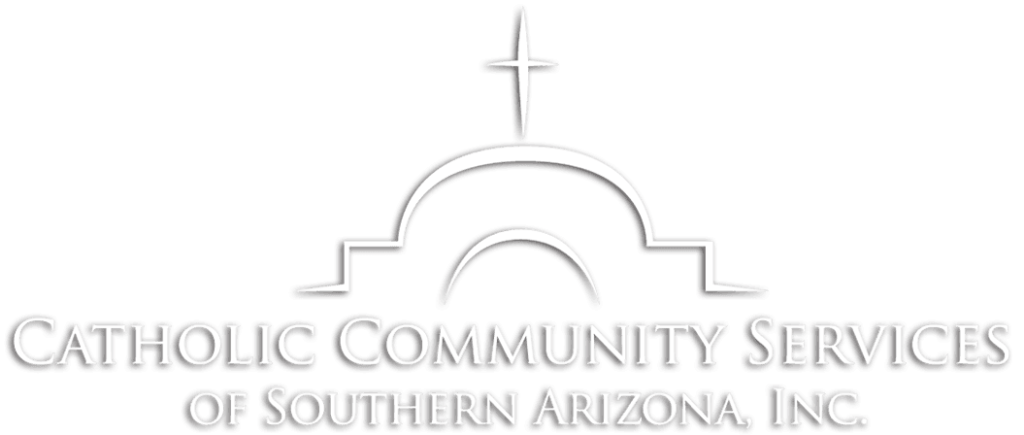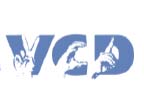Request an Interpreter
PLEASE READ OUR OUR SERVICES BELOW FOR MORE INFORMATION ABOUT OUR SERVICES AND FREQUENTLY ASKED QUESTIONS.
KNOW YOUR LOGIN?
FORGOT YOUR LOGIN OR DON’T HAVE A SERVICE AGREEMENT?
– CALL SCHEDULING AT (602) 267-1921
EXPLANATION OF SERVICES
Valley Center of the Deaf offers many services for our clients. The following describes our services:
American Sign Language (ASL) Interpreting
Interpreting for Deaf individuals who use American Sign Language
DeafBlind Interpreting
Specialized interpreting for Deaf person who are also blind or have special vision requirements
Certified Deaf Interpreting
“When a deaf consumer uses a unique communication mode, a hearing interpreter may not be able
to effectively provide communication access and a CDI or DI may be necessary to communicate
effectively. Examples of unique communication modes may involve individuals:
C.A.R.T
Communication Access Realtime Translation (CART) is immediate word-for-word translation of the spoken word into text. A stenographer uses a stenograph machine to translate what is heard into spoken text. The steno machine is connected to a computer that is equipped with software capable of converting the steno code into English text. The text is then viewed on a monitor or screen. We offer both onsite and remote CART services.
Legal ASL Interpreting
Interpreter for settings which include legal concepts and terminology.
Mental Health Interpreting
Deaf individuals have historically been limited in their ability to access mental health services that are linguistically and culturally appropriate. The quality of interpretative services has a substantial and direct bearing on the outcome of services provided and can have life-or-death consequences when the interpretation is inaccurate. Interpreters that specialize in Mental Health interpreting have additonal training and skills to work effectively in mental health settings.
Tri Lingual Interpreting
A trilingual Interpreter is an interpreter who can facilitate communication among three different languages. In the deaf and hard of hearing community, this is generally defined as working between American Sign Language (ASL), English, and an additional spoken language, typically Spanish. The demand for trilingual interpreters is rapidly increasing, and the need for trilingual interpreters is particularly noted in areas with large immigrant and refugee populations. Trilingual interpreters work in situations that involve English, ASL, and Spanish, but may also be needed in situations where a deaf or hard of hearing person uses ASL but is accustomed to speech-reading spoken Spanish or reads written Spanish.
POLICIES & PROCEDURES
Please be certain to familiarize yourself with our Policies & Procedures below:
Minimum Charges
There is now a show up fee for each assignment and each interpreter.
All partial hours will be rounded to the nearest half hour.
Show Up Fee
All requests are subject to a minimum show up fee per request per interpreter. This fee is applied to all requests, regardless of the duration, last minute cancellation, or no show status. For in person interpreting, the minimum show up fee a minimum show up fee per interpreter is equal to two hours at the relevant rate. The minimum show up fee for VRI is equal to thirty minutes at the relevant rate.
Multiple/Team Guidelines
Interpreting requests are dynamic and complicated. Although you may only have one deaf attendee, the nature of the request may require two interpreters. It is standard practice to assign interpreters in teams of two for most settings whenever the request is more than 60 minutes in duration. Various factors influence the need for multiple interpreters including but not limited to; the type of event, the duration, number of participants, pace of speaker(s), and the physical and mental demands that the event places on the interpreters. Linguistic research has shown that the quality of interpretation begins to decline due to the mental fatigue of processing information in two languages after 20-30 minutes. In addition, American Sign Language is a physical language, and we team interpreters to allow for short breaks to avoid repetitive motion injuries.
Cancellations
All assignments with more than 48 business hours notice from the start of the assignment will result in no charge to the responsible paying entity.
All assignments cancelled with less than 48 business hours notice from the start of the assignment will be charged the full requested time.
Client “No Shows” Show Up Fee
When an interpreter arrives at as assignment and the deaf consumer is absent, the entity responsible for the payment will be charged for the requested time of services or the “Show Up Fee”, whichever is greater.
SCHEDULING PROCESS
1. The requestor will provide the location of the appointment, time, authorized contact person, name of the client and any specific details pertinent to the assignment.
(Requests can be made by phone, email, online {with login/password} or by fax)
2. The scheduler then looks for an appropriate interpreter for the assignment matching requirements and skills of the interpreter to the needs of the consumer. This is done using Valley Center of the Deaf’s web-based scheduling software
3. Once the assignment is accepted the final details are sent to the interpreter.
4. The requestor is notified by email and/or phone the name of the assigned interpreters.
5. The interpreter reports the assignment is completed.
5. Invoices are sent out immediately, bi-monthly or monthly per service agreement or prior arrangement.


